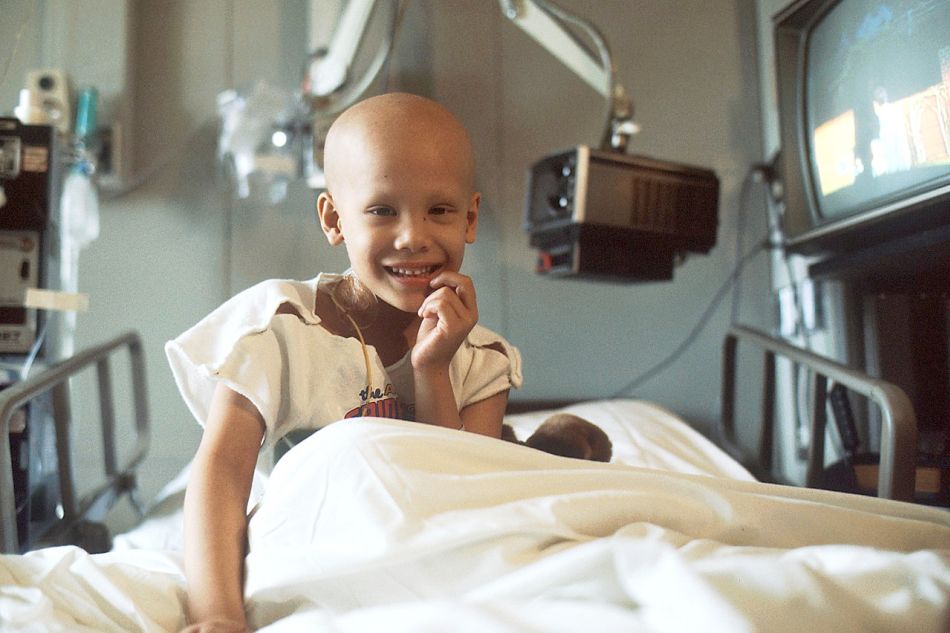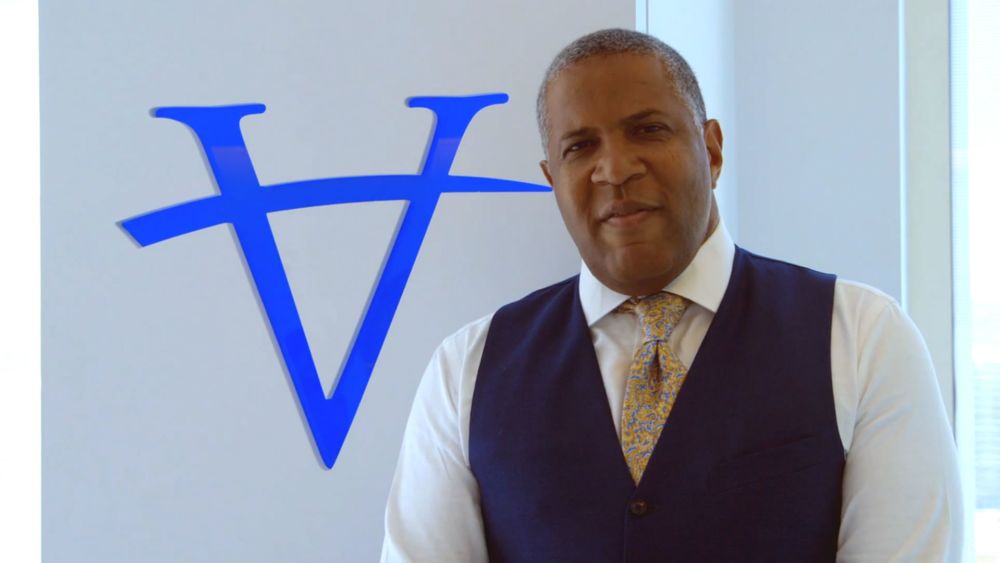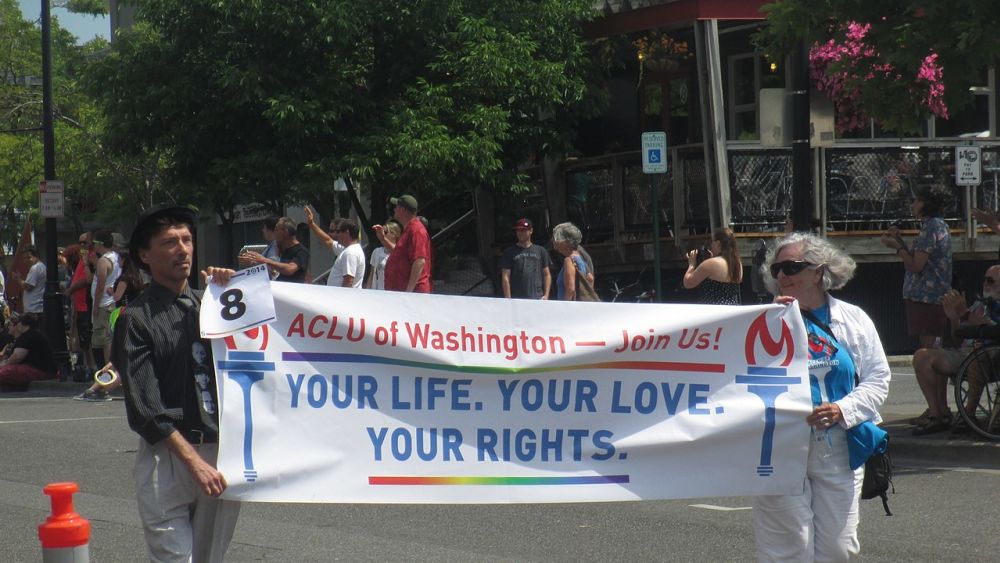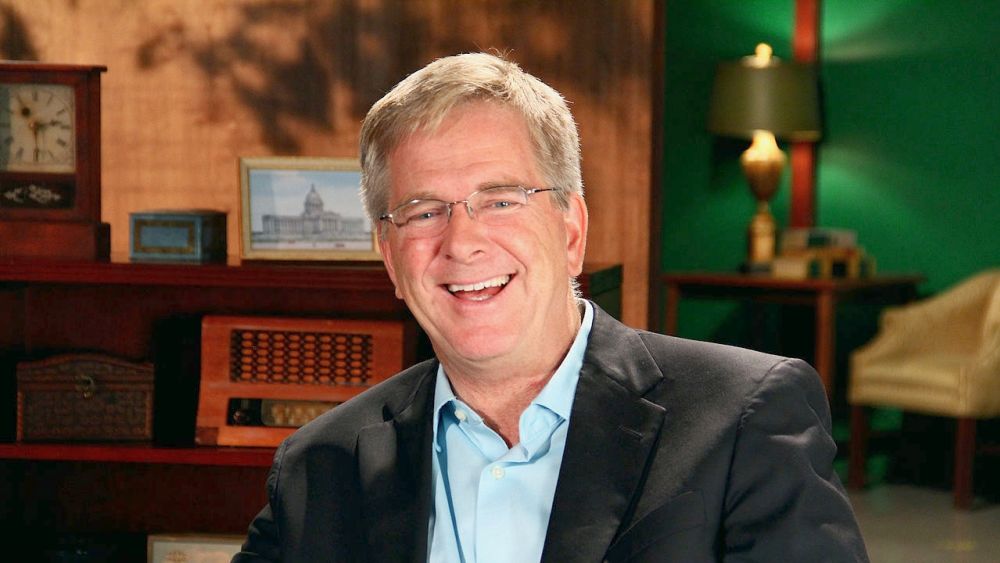The MaxLove Project Empowers the Parents of Cancer Kids
Greggory Moore | Best of Best

image by: Bill Branson
A child’s cancer diagnosis makes even the strongest parents feel helpless. But one mom and dad turned their struggle into purpose, and they’re helping others do the same.
Cancer has a well-earned nickname: “the Emperor of All Maladies.” Its dominion is the cruelest sort of totalitarian regime, a realm where innocent persons are targeted seemingly at random for a particularly insidious form of torture: the betrayal of their own bodies.
The plight of children in the realm of cancer epitomizes its most nefarious aspects. No child has knowingly exposed herself to environmental risk factors that may contribute to cancer. No child can fully comprehend disease. And no person—child or adult—chooses her own genes. All any child knows of cancer initially is suffering, followed by procedures to battle the cancer that experientially are partly nothing more than another type of suffering.
Childhood cancer claims additional casualties: the parents. It takes little empathy to imagine the pain helplessness a parent feels at seeing her sick child, at hearing a cancer diagnosis, at watching her child struggling to recover after surgery and suffer through chemotherapy.
Audra and Justin Wilford don’t have to imagine it: they’ve lived it. On August 5, 2011, after months of fear and uncertainty concerning 4-year-old Max’s chronic headaches and vomiting, they got the news that their little son was suffering from mixed-grade glioma, a form of brain cancer. Surgery ensued, initially leaving Max unable to walk, speak clearly, or move the left side of his body. Then came treatment, so painful and bewildering that Max would exclaim “Don’t hurt me!” over and over again when hospital staff would approach him.
To cope with their feelings of helplessness, Max’s parents decided they could not merely be passive witnesses: they needed to be active participants in their son’s battle. “[W]e decided that childhood cancer would not be a tragedy that happens to us,” Audra blogged four years later. “It would be our defining mission in life. We could never make this wrong right—no child should ever have to go through cancer treatment—but we could make this wrong count for something.”
That something turned out to be the MaxLove Project, “an innovative volunteer-powered, grassroots nonprofit organization founded to help SuperKids thrive against cancer and related life-threatening illnesses.” Formed just months after Max’s diagnosis, for the last six years the nonprofit MaxLove Project has been on a mission “to maximize quality of life and reduce serious health risks for all childhood cancer survivors with fierce foods and whole-body wellness.”
Audra and Justin didn’t start out with such broad plans; rather, it began with a nightlight. “When we arrived home [from the hospital], Max found his darkened bedroom at night to be too frightening for sleep,” Audra wrote in the Huffington Post. “Having just read about the importance of sleep for healing, I bought a turtle-shaped nightlight that he could control and turn different colors. The next night, he flipped through the colors until he got to green. We had been telling him how powerful the color green is because our favorite ‘superfoods’ were green. He held the turtle up to his still bandaged head and said in his slurred speech, ‘Look mom, I’m healing.’ […] Within a month, the company that makes those turtles, Cloud b, had donated a garage full of them to us so that we could bring them to our hospital and send them out to other families we’d met online. In order to raise money for the shipping costs, we started […] the MaxLove Project.”
By August 2014 the MaxLove Project had delivered almost 4,000 Twilight Turtles around the world; but by then the nonprofit had taken on much more. “[A]s we became more active in Max’s treatment, through diet, massage therapy, acupuncture and physical activity, we began to thrive ourselves and find ways to support other families to do the same,” says Audra, whose official title with the MaxLove Project is “chief hope officer.”
The MaxLove Project helps to bring hope through family-centered programs, easy-to-understand health education, and its support of pioneering cancer research, including complementary and preventive therapies in healthcare settings. It’s a holistic approach forged by the Wilfords' own struggles to find some light in their darkest hour.
No part of that holistic approach to battling cancer is more central than a healthful diet, and within the first months of his treatment Audra was sharing her newfound knowledge about the dietary considerations unique to cancer patients: “We are not on a raw or vegan diet. We’ve weighed many options and, at this point in his growth and recovery and considering what he’ll actually eat, it’s best that we eradicate inflammatory foods, including stuff ‘C’ cells like, such as sugar and wheat flour. Whole grains, raw or lightly blanched veggies, raw/whole fruits, organic eggs and dairy, as well as other good fats and proteins are what Max needs to thrive and beat this thing. Processed flours, sugars, and non-organic foods all contain stuff that many of us can handle to some degree, but a kid prone to ‘C’ can’t. […] One thing we learned is that Max can’t have any supplements now. Anti-oxidants as well as omega-3’s, in the high concentrations found in supplements, actually work against chemotherapy in a variety of ways. He should eat items with these things, but can’t currently ingest the high doses found in supplements.”
Four years later she recounted her experience of how hospitals fall short of the mark on this score, and expressed her belief that Max’s diet was essential to arresting his disease. “We're crediting [diet] with completely stabilizing the growth of this inoperable brain cancer that he has to the point that our hospital [Children's Hospital of Orange County, commonly known as CHOC] is the first in the nation to offer a front-line protocol for the treatment of brain cancer utilizing diet,” she told Mom.me in 2016. […] Very often the choice is[:] I've got McDonald's in my children's hospital, like in the lobby, or this really expensive food that I can't afford to experiment with,” “We need to find a middle ground. There are other ways to do this, so that's why we started working with food and have been so inspired by that part of our journey.”
Today the MaxLove Project is calling for no less than a complete overhaul in the choices hospitals—and society at large—promote and make available to kids. “[T]ake a minute to think about it and imagine if our kids were exposed to images of nutrient-dense beautiful foods every day, counteracting the plethora of junk food ads they experience around every corner,” Audra says. “Imagine if each hospital cancer and diabetes clinic room and cafeteria featured images such as this as well[.] They are small changes that could have a huge impact on our health and wellbeing. [… W]e MUST develop and implement teaching kitchens in each and every pediatric healthcare facility in this country. […] We need a hospital food revolution. We need a teaching kitchen in every single children’s hospital. We need to take food as medicine seriously. We need to gather as medical teams, families and communities, focused on whole foods, real connections, and the low-hanging fruit of essential wellness.”
To facilitate such change on the grass-roots level, there is the Fierce Foods Academy (FFA), a collection of programs—including direct education, professional counseling, cooking classes, and “therapeutic arts”—that center on risk-reducing and quality-of-life-improving whole foods. The FFA also includes a dietitian-monitored online support group consisting of over 850 families of childhood cancer patients and survivors.
Creating a community focused from the day of a child’s cancer diagnosis on what the MaxLove Project calls “survivorship” is central to why the Wilfords do what they do. “Through cancer, we began to thrive as a family and as a community,” Audra says. “Max’s thrive story became my thrive story, my family’s thrive journey and something that’s rippled far beyond us. It is a paradox, and one that can be quite uncomfortable to express, but we’ve been given the gifts of perspective, learning how to take life head on take very little for granted, finding purpose and fulfillment in giving back, building community and making a difference.”
It’s an alignment toward tragedy that Audra finds perfectly summarized in a TED Talk by writer Andrew Solomon: “We cannot bear a pointless torment, but we can endure great pain if we believe that it’s purposeful.” The MaxLove Project is one family’s purposeful channeling of their pain, a purpose that continues to provide purpose to so many similarly stricken souls.
About the Author:
Except for a four-month sojourn in Comoros (a small island nation near the northwest of Madagascar), Greggory Moore has lived his entire life in Southern California. Currently he resides in Long Beach, CA, where he engages in a variety of activities, including playing in the band MOVE, performing as a member of RIOTstage, and, of course, writing.
His work has appeared in the Los Angeles Times, OC Weekly, Daily Kos, the Long Beach Post, Random Lengths News, The District Weekly, GreaterLongBeach.com, and a variety of academic and literary journals. HIs first novel, The Use of Regret, was published in 2011, and he is currently at work on his follow-up. For more information: greggorymoore.com

Introducing Stitches!
Your Path to Meaningful Connections in the World of Health and Medicine
Connect, Collaborate, and Engage!
Coming Soon - Stitches, the innovative chat app from the creators of HWN. Join meaningful conversations on health and medical topics. Share text, images, and videos seamlessly. Connect directly within HWN's topic pages and articles.
















